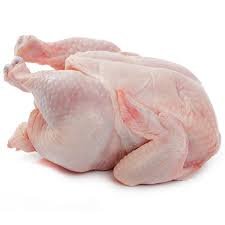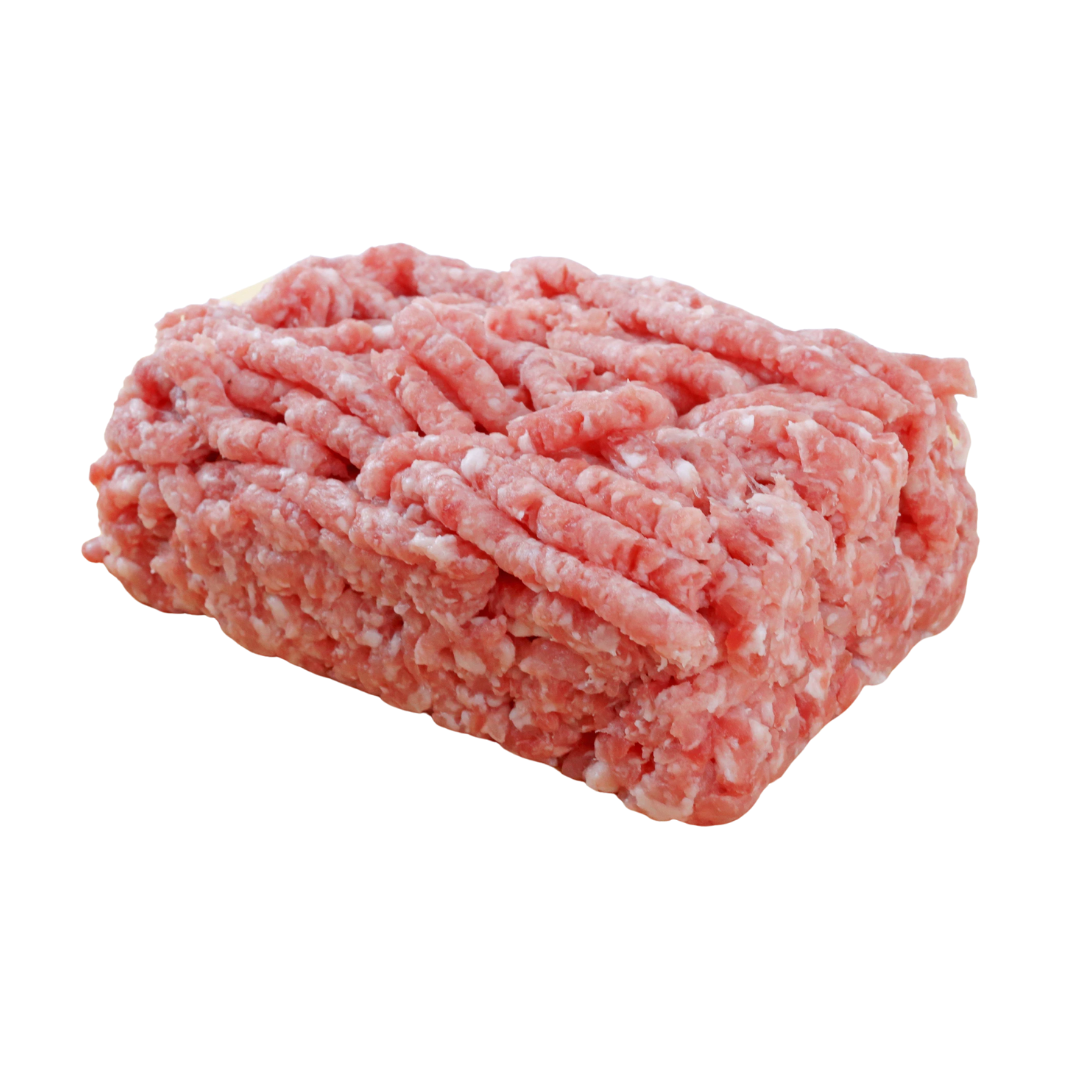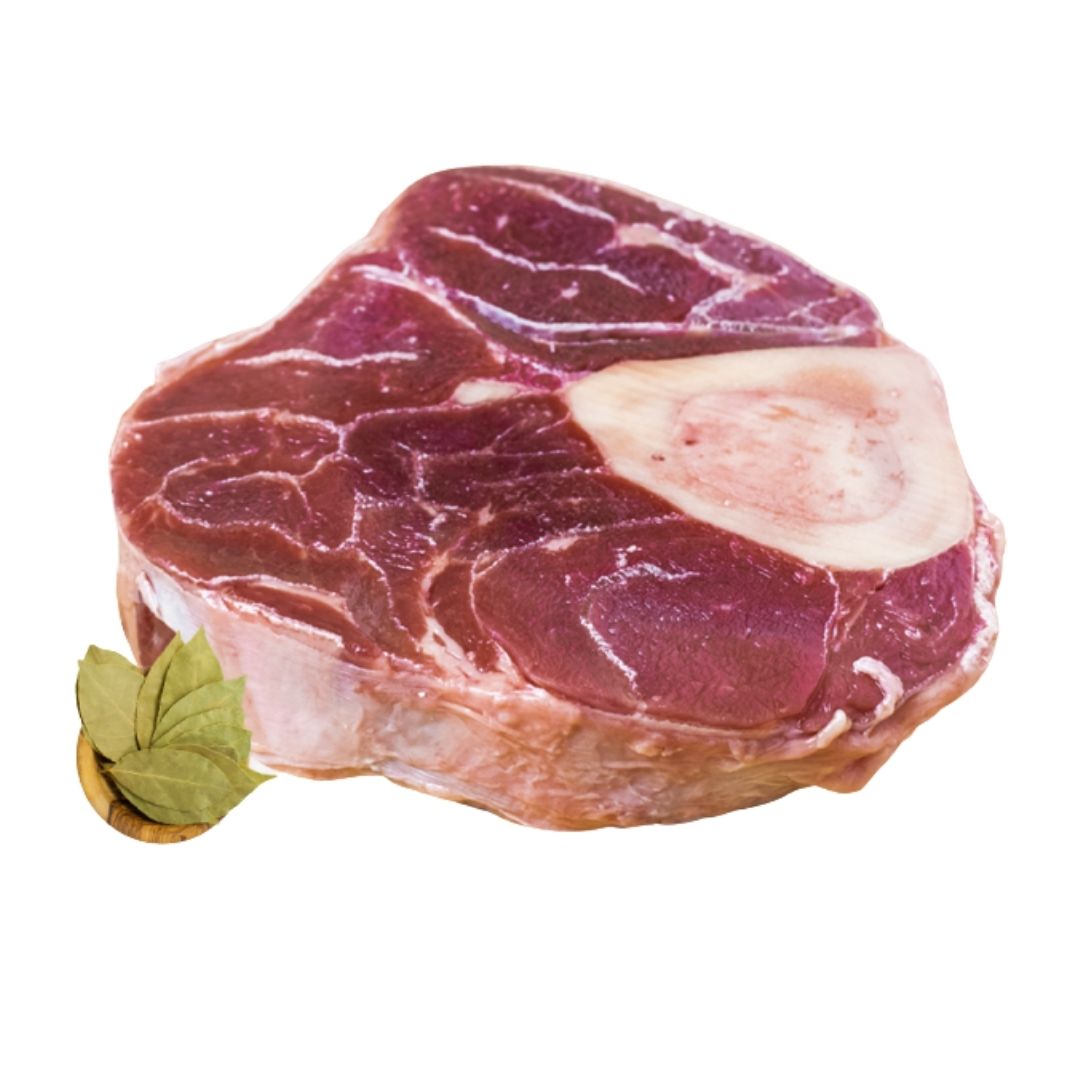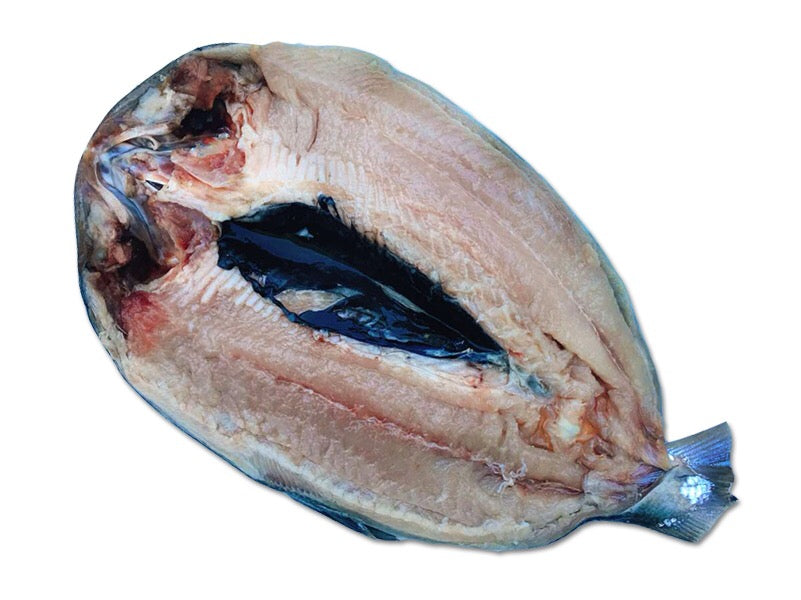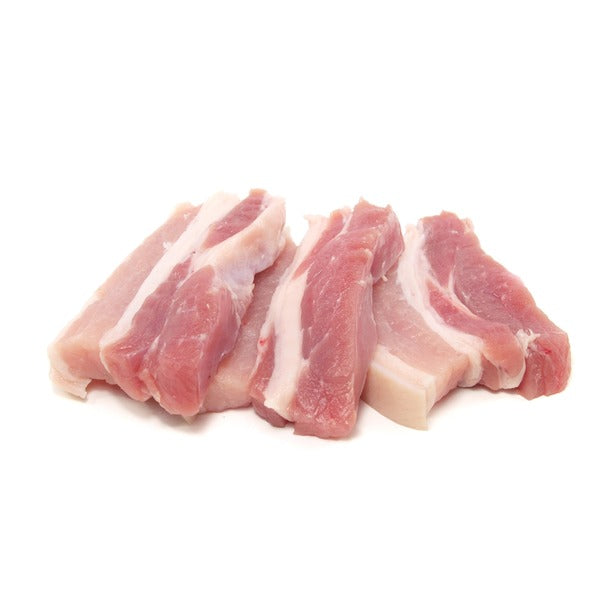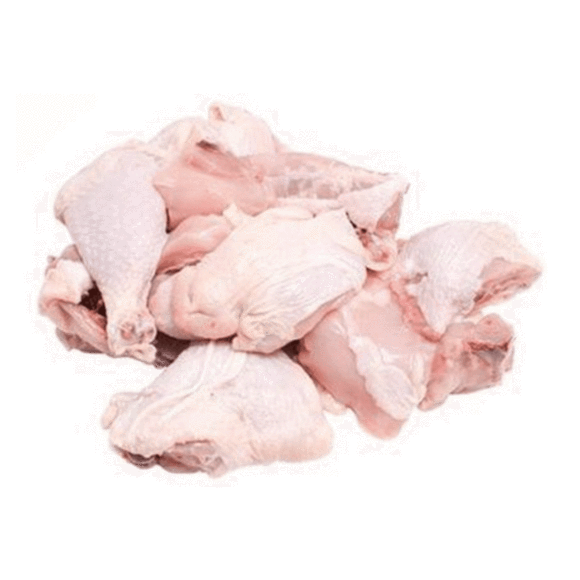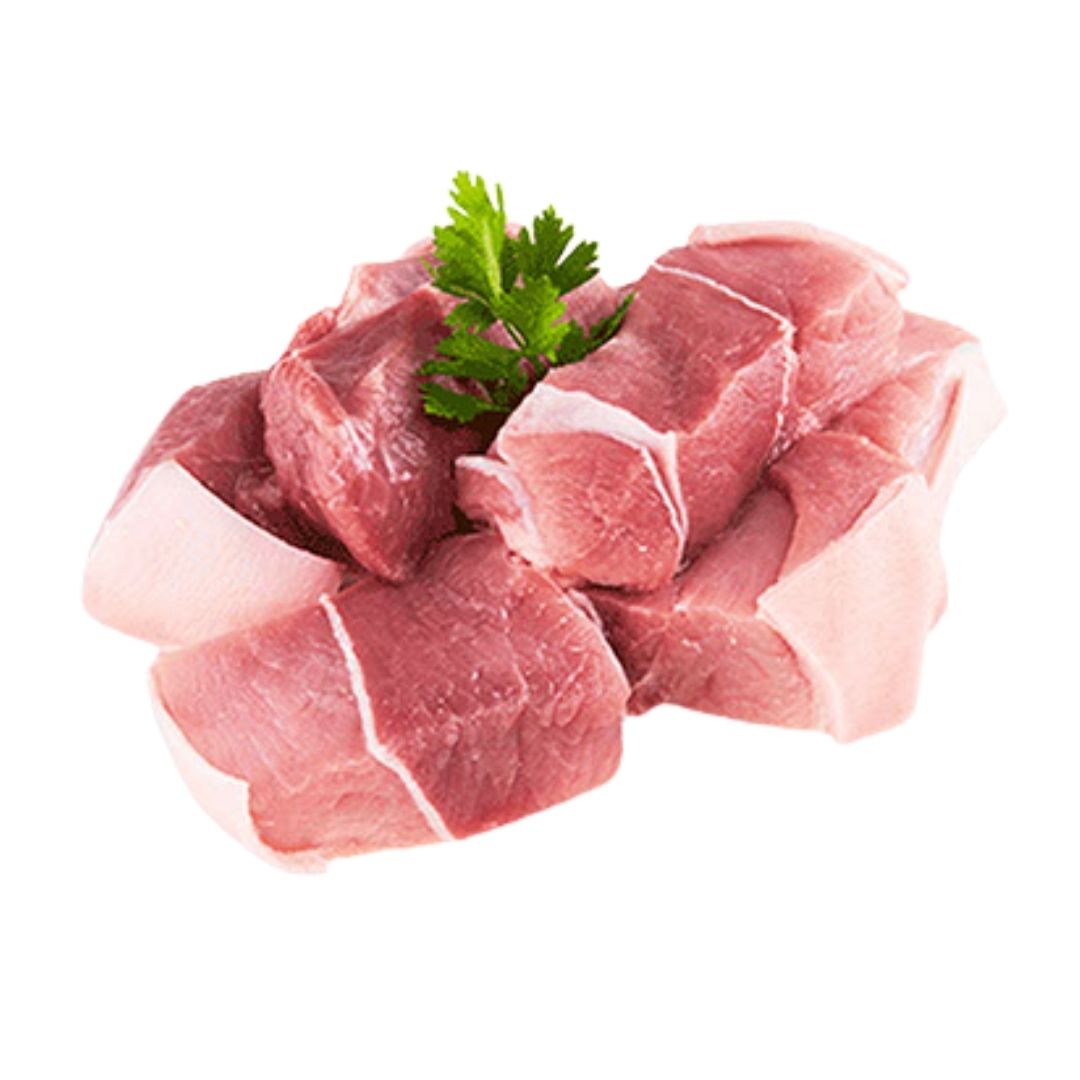Storing Frozen Chicken And How To Freeze It Properly

Raw chicken meat must be stored appropriately to maintain its freshness and stop bacterial growth, which causes many foodborne illness if not handled properly.
Below are some tips on how to prepare your chunks of chicken for long-term storage.
How to Pack Chicken Before Freezing
Buying chicken in bulk helps you save a lot. You can cut it into pieces. repack it, or you may stash it whole in the freezer.
However, it’s important to note that poultry products and raw meat are perishable, prone to spoilage, and may breed some pathogenic microorganisms. So, proper packing and repacking of goods, especially chicken, is a key factor in maintaining freshness and extending shelf life.
Here are key steps in repacking your chicken:
- Separate raw chicken meat according to usage and place it in resealable freezer bags, or an airtight container. Air can speed up chemical breakdown, resulting in spoilage and microbial growth, so squeeze as much air out as you can.
- Label the bag with the freezing date, total pieces of chicken in each freezer wrap, the purpose, and the date of consumption.
- You can opt to remove the chicken bones from your chicken if you don't have much room in your freezer. After that, spread the chicken pieces evenly.
- Always keep the freezer unit closed. The risk of freezer burn is increases every time you open the door due to freezer temperature changes.
How Long Can You Keep Chicken in the Freezer
The US Department of Agriculture suggests that frozen meat is suitable for consumption from four months to one year. However, to be clear, freezing and refrigerating is different. Refrigeration is a method of storing or cooling food at a low temperature to avoid spoilage. While freezing is a way of solidifying food for more prolonged consumption and prevents its microbial growth and rapid deterioration.
|
Chicken |
Type |
Refrigeration 34°-40°F or below |
Freezing 0 °F |
|
Fresh, raw chicken parts |
chicken breast halves, drumstick, etc. |
1-2 days |
9 months |
|
|
1-2 days |
2-3 months |
|
|
|
1-2 days |
1 year |
|
|
Frozen chicken |
chicken patties |
not recommended |
3-4 months |
|
Cooked Chicken (leftovers) |
chicken parts plain |
3-4 days |
4 months |
|
|
chicken parts with gravy or broth |
1-2 days |
6 months |
|
|
cooked chicken dishes |
3-4 days |
4-6 months |
|
|
fried chicken |
3-4 days |
4 months |
|
|
whole roasted chicken (oven or rotisserie) |
3-4 days |
4 months |
|
Thawed Chicken |
|
1-2 days |
Safe to refreeze but the quality deteriorates |
How to Know if Frozen Chicken Is Bad?
The following are some tell-tale signs that your frozen chicken has gone bad:
- Sour smell - If the chicken has a sour, rotten egg-like smell or any bad smell it's time to toss it away.
- Green or greyish color - If you see either of these colors, throw the chicken away. These colors mean that the chicken is too old and already has some bacteria growing. Fresh chicken should be pinkish with white fat.
- Texture -If the chicken is slimy that means it's already expired and it is time to chuck it away.
Frequently Asked Questions
Can you eat a two-year-old chicken without getting sick?
Yes. If you can still consume a two-year-old chicken as long as it's frozen. However, for the best quality, taste, and texture, only preserve chicken for up to one year.
Does freezing chicken require salting?
Yes, you can. However, it is not advisable. Salting chicken is good only if you will consume the meat for days. Other than that, salting increases bacterial development.
How to thaw frozen chicken?
Place frozen chicken in a fridge at low internal temperature and let it thaw there. For faster thawing, place the chicken inside a plastic wrap and put it in a container with cold water.
Choosing quality chicken is important as it contributes to its shelf-life and maintained quality. Whether you refrigerate or freeze chicken, you need to make sure you buy only fresh produce. Fish n' Chix can help you pick high-quality meat. Check out other valuable reads on the website.


